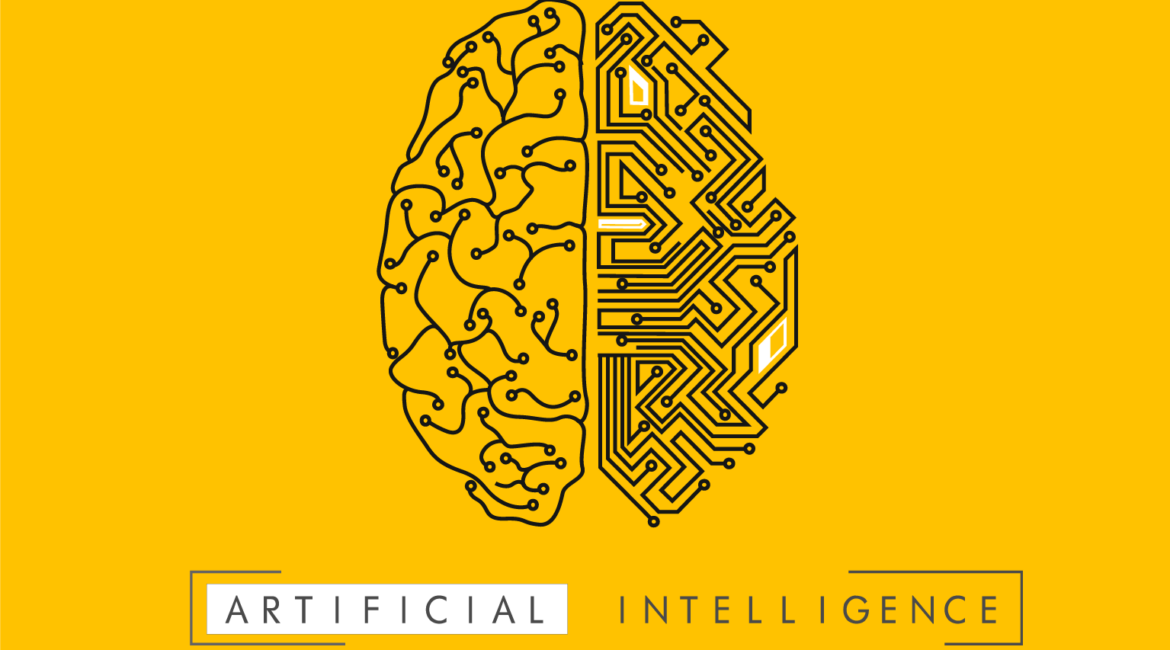A New Era of Innovation and Change
Artificial Intelligence (AI) is transforming industries, creating new opportunities while also raising concerns about job displacement. While the rise of AI may lead to the automation of certain tasks, it also has the potential to generate new roles and foster collaboration between humans and machines. In this article, we’ll explore the various ways AI is reshaping the workforce, its challenges, and its opportunities.
Automation and Job Displacement: A Mixed Outlook
One of the primary concerns surrounding AI is its potential to replace jobs, especially in industries that rely on repetitive tasks such as manufacturing, retail, and customer service. McKinsey estimates that around 30% of hours worked today could be automated by 2030, impacting jobs in sectors like STEM, education, and business services (McKinsey & Company). However, AI-driven automation isn’t necessarily about eliminating jobs. Instead, it will change the nature of work, requiring employees to shift toward more complex tasks that machines cannot easily handle.
The Creation of New Roles
Contrary to the fear of widespread job losses, AI is expected to create more jobs than it displaces in the long term. According to the World Economic Forum, nearly half of the companies surveyed believe that adopting AI will be a net job creator (World Economic Forum). Roles such as data scientists, AI engineers, and big data specialists are expected to grow rapidly in response to AI advancements. Additionally, AI will boost demand in industries such as automotive, aerospace, and research, design, and IT services.
Collaboration Between AI and Humans
AI is not a replacement for human ingenuity—it is a tool that can augment human work. When machines take over mundane, repetitive tasks, employees can focus on creative problem-solving, innovation, and decision-making. Studies suggest that AI’s integration into customer service, for instance, allows employees to handle complex customer interactions more effectively, boosting morale and productivity (Knowledge at Wharton).
In sectors such as healthcare, AI assists in diagnostics and decision-making, complementing doctors’ expertise rather than replacing it. This trend is evident across various industries where AI is being used to analyze data and deliver insights that help employees perform their jobs better.
The Reskilling Revolution
As AI continues to change the nature of work, workers will need to develop new skills to stay competitive. Demand for digital literacy, AI skills, and advanced cognitive abilities such as problem-solving and creativity will increase (McKinsey & Company). Companies and governments are investing in reskilling programs to ensure that workers are equipped to handle new AI-related tasks. The World Economic Forum emphasizes the importance of public-private partnerships in closing the skills gap (World Economic Forum).
A Balanced Future
While AI will undoubtedly bring changes to the workforce, its impact is not all doom and gloom. AI can augment human abilities, create new job opportunities, and lead to greater productivity. Businesses that invest in both technology and their workforce’s development will be better positioned to thrive in this new era of work.
Ready to leverage AI for your business? Contact Leap Year Digital to explore how AI can enhance your workforce and drive growth. Let’s navigate the future together.

